Russia could find itself a whole lot warmer, but once again out in the cold
Mary Dejevsky remarks on how cooperative and compliant the Kremlin has become in recent years on the issue of global warming – far more than the US

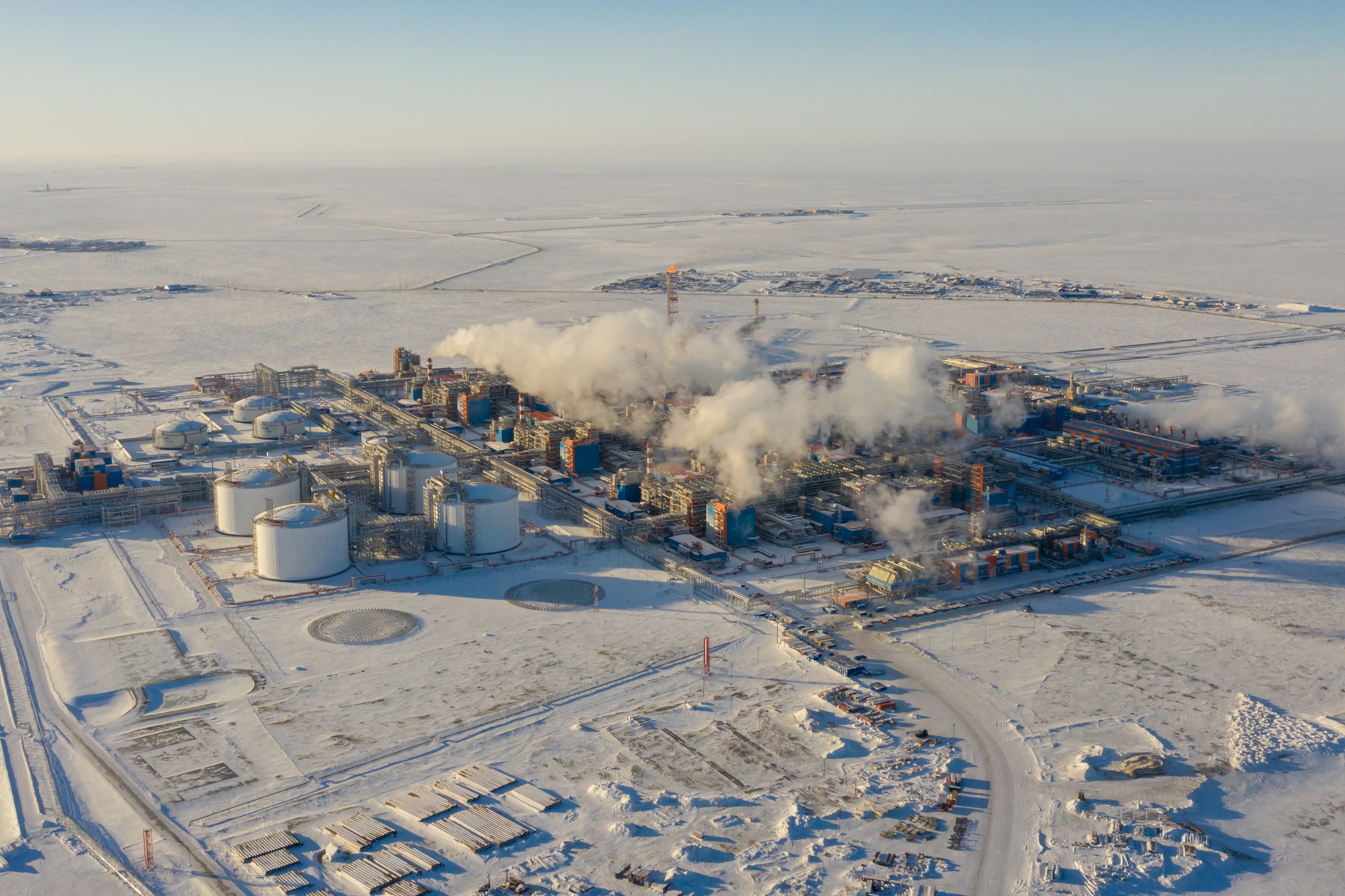
As leaders around the world offer ever more ambitious pledges in the run-up to Cop 26 – the climate change summit to be held in Glasgow in November – there has been one discordant voice, and it comes, not surprisingly, from Russia. Moscow’s climate envoy, Ruslan Edelgeriyev, has described the near-universal rush to propose new curbs on greenhouse gas emissions as “an unreasonable race”, saying that countries should rather concentrate on meeting commitments already made.
In exchanges with Reuters news agency, on the eve of a US-hosted preparatory meeting last month, Edelgeriyev said there was a risk that unrealistic targets would remain on paper; Russia’s priority was deeds, not words. He reserved particular criticism for proposals from the European Union for a carbon levy on imports, which he said would unfairly benefit a small number of countries – and, which he did not say, penalise the mega-energy exporter, Russia.
So what’s new, you might ask. Hasn’t Russia always taken a somewhat obstructive approach to international initiatives that it associates with the west? And doesn’t the climate crisis come into that category? Well, yes and no. One reason why Edelgeriyev’s comments drew attention is that they represented something of a departure from Russia’s recent tone on greenhouse emissions and global warming. Indeed, over the past few years, the surprise has been less about how obstructive the Kremlin has been in the international drive to address the climate question, but how generally cooperative and compliant.
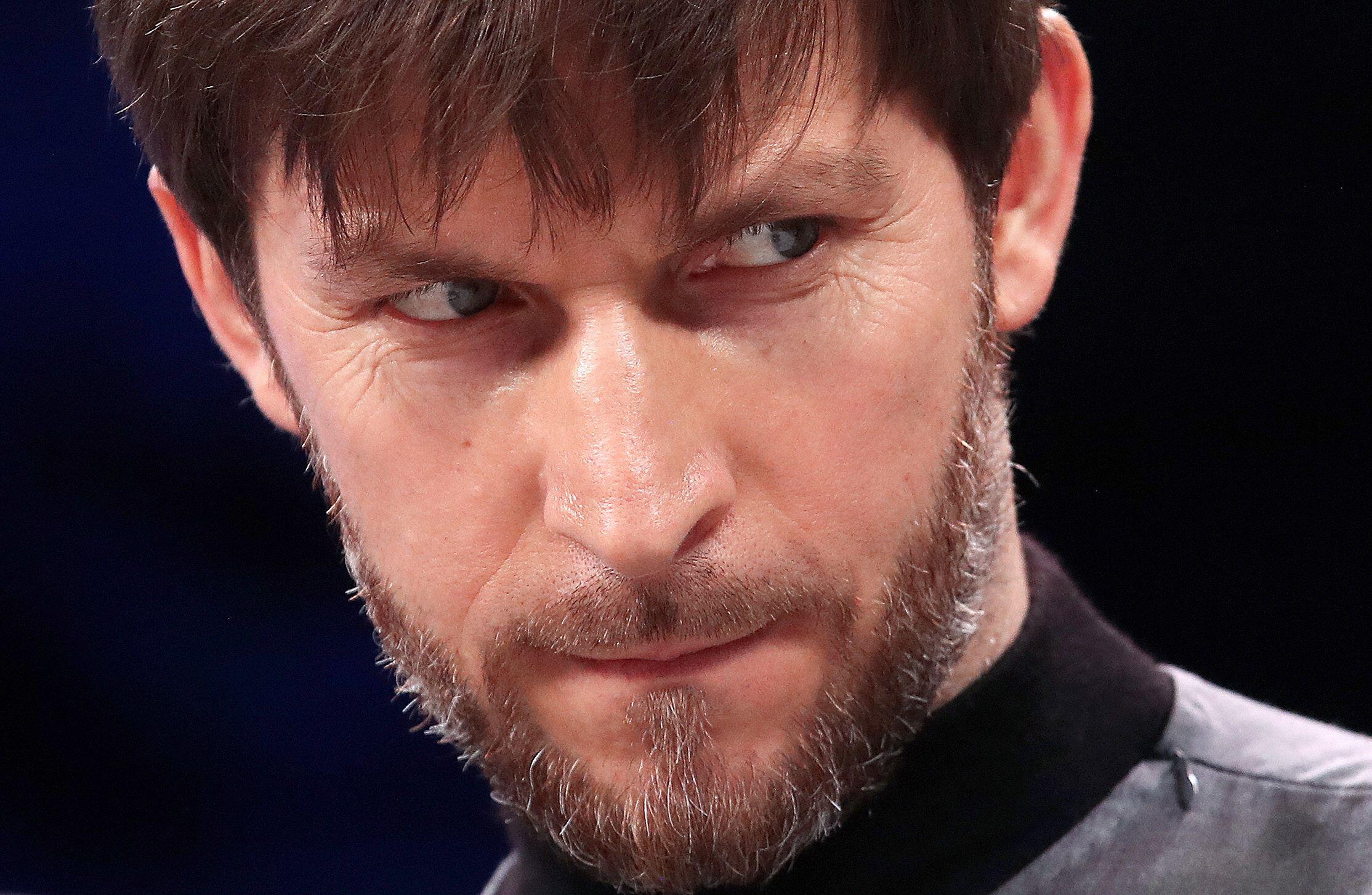
Taken overall, Russia’s commitment to combating the climate crisis has been rather steadier and more supportive than that of the United States. While the US signed up at the start both to the 1997 Kyoto Protocol and to the 2015 Paris accord, it subsequently withdrew from both. George Bush took the US out of Kyoto in 2001, citing the US national interest, while Donald Trump withdrew from the Paris accord in 2020. The US is now back, thanks to one of Joe Biden’s first decisions as president, but Washington’s record is inconsistent to say the least.
Russia might have been slower to sign up to international efforts against the climate crisis, but it has avoided U-turns. It took its time ratifying the Kyoto Protocol, finally doing so in 2004, but it was quicker to ratify the Paris accord – in 2019 – and its government produced a draft national climate strategy a year later.
Such a summary, however, skates over how particularly problematic the whole climate crisis is for Russia. The five years that passed between Russia signing up to Kyoto and finally ratifying the treaty reflected in part the disorganisation that bedevilled the late years of Boris Yeltsin’s presidency and the transition to Vladimir Putin. But they also reflected a keen debate, conducted mostly behind the scenes, about how far international efforts to rein in climate change would be in Russia’s national interests. And it is a debate that can well be understood.
Given this geography, it is a seductive idea that global warming, while destructive for much of the planet, could be good for Russia
Russia is a vast country of more than 17 million square kilometres, almost twice as big as the US or China. Almost two-thirds of its territory sits on permafrost and is minimally habitable. Still more is too cold all year round to be easily developed. Under the Soviet system, people were directed to work in inhospitable regions, for which most received bonuses in cash or kind. Since that system broke down, however, people have gravitated southwards and to major cities, leaving even more unpopulated land.
Given this geography, it is a seductive idea that global warming, while destructive for much of the planet, could actually be good for Russia. It is possible to imagine vast tracts of barren wilderness being given over to arable farming or made to bloom, even vineyards sprouting in Siberia. More of Russia’s vast energy reserves could become accessible, as ground temperatures rise. Russia’s long winters would be shorter, fuel costs (and emissions) lower, its people healthier.
Among the enthusiasts for such possibilities is Russia’s prime minister, Dmitry Medvedev, who presided over the draft national strategy, the “national climate change adaptation plan” that was published at the end of 2019. The plan sets out many “potentially positive” changes and “advantages” of climate change for Russia and how some of the disadvantages might be mitigated. It is not a simple win-win situation.
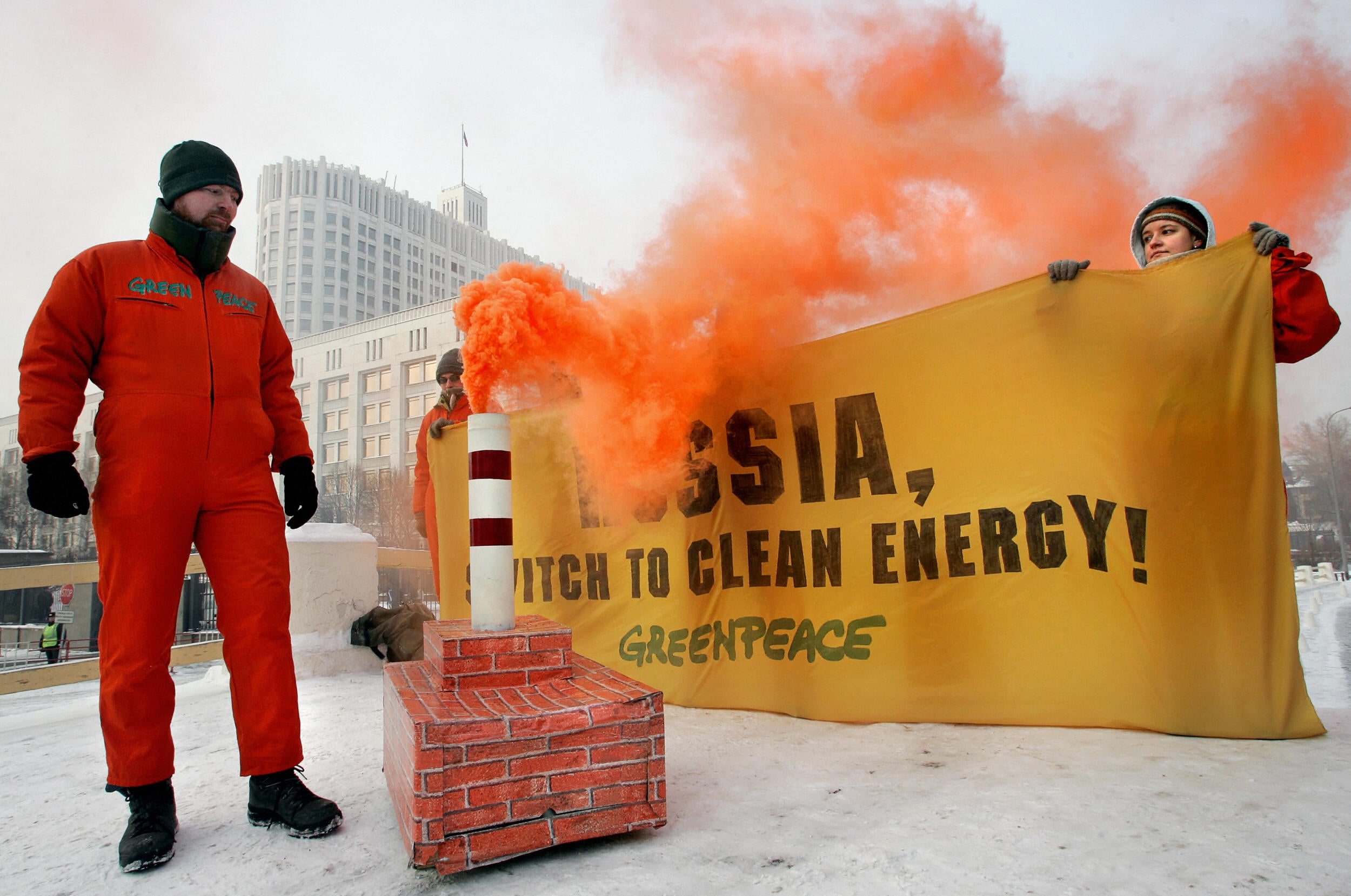
There are certainly positives, as Russia’s adversaries also appreciate. A recent study for a US-based web platform called The Cyber Brief, which is stuffed with former intelligence, military and diplomatic expertise, set out the pros and the cons in some detail earlier this year. Agriculture, it said, could be a big winner, with Putin’s goal of making Russia an “agrarian superpower” becoming entirely feasible.
Within less than a generation, it forecast, Russia – already the world’s largest wheat exporter, with another record harvest last year – could sustain 20 per cent of the world’s wheat market, if it could develop its infrastructure, including transport, to match. This, it said – with ever an eye on the security aspect – could increase Russia’s geopolitical leverage, given that the climate crisis could leave other countries short of the food they used to grow.
Russia’s environment minister, Alexander Kozlov, has said that large tracts of Russia’s north will become warm enough to grow crops. This includes – in the first instance – land on the southern part of Russia’s borderlands with China. He has also suggested that, as well as expanding its arable land, Russia will be able to diversify the crops it grows, with a wide variety of cereals, including wheat, maize and soybeans, cultivated in Siberia by the end of the century. The clement conditions that have given Ukraine its reputation as the “breadbasket of the world” could transfer to become Russia’s advantage as temperatures rise.
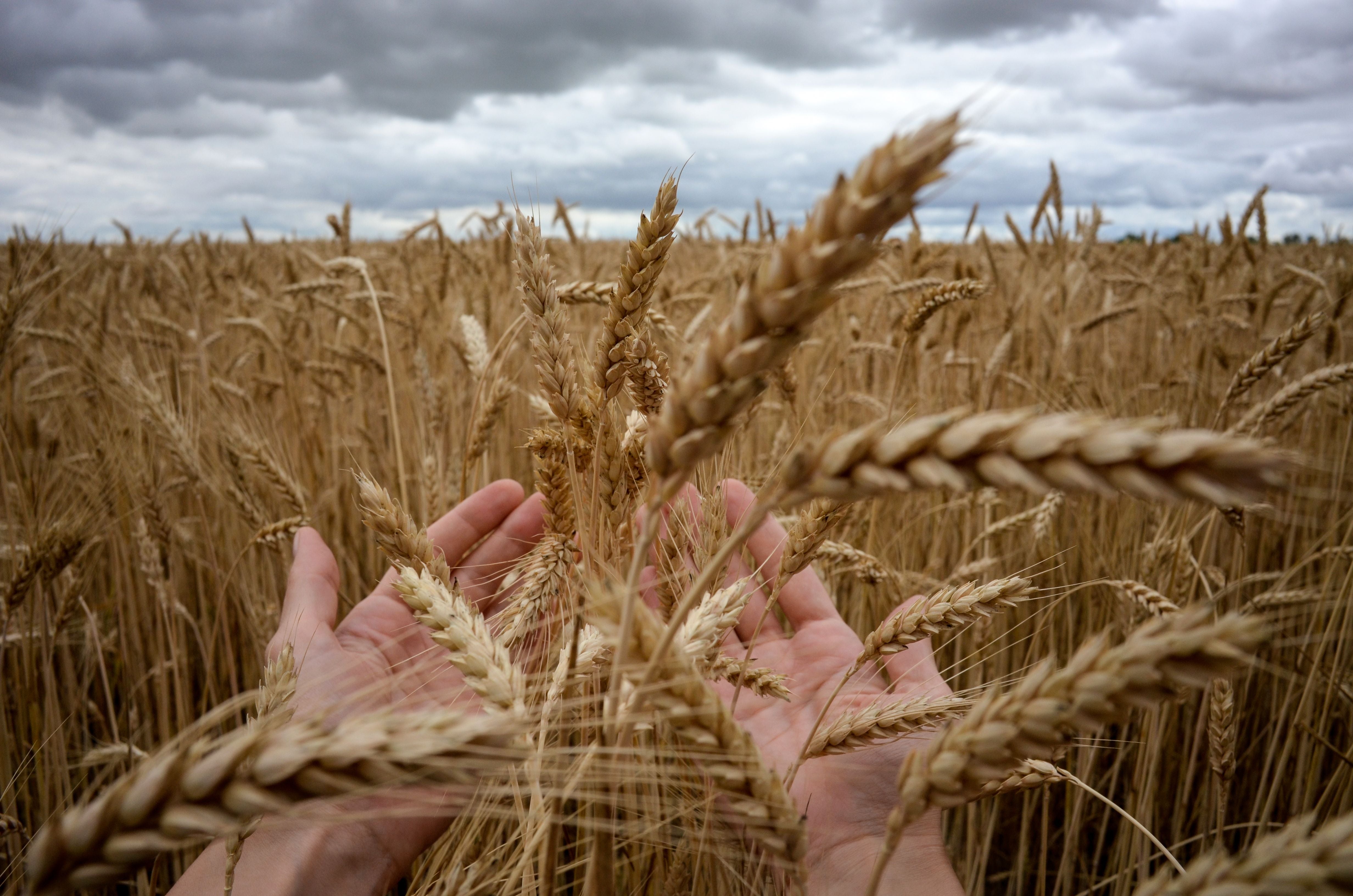
There are also pluses to Russia from the thawing of Arctic ice. With its emphasis on security, the Cyber Brief paper noted the priority now being given by Putin to the development of its Arctic territory, specifically in the number of military installations (as many as 400) and the 40 ice-breakers Russia has at its disposal – a capability that the US signally lacks.
A warmer Russian Arctic also opens up the possibility of a new and reliable trade route linking Russia to China, the US and Scandinavia. Russia has already embarked on infrastructure development to transform the Northeast Passage into a key international thoroughfare. The potential benefits of an additional route to and from Asia suddenly sprang to prominence earlier this year when the Suez Canal was briefly blocked by an outsize container vessel.
A warmer Russian Arctic also opens up the possibility of a new and reliable trade route linking Russia to China, the US and Scandinavia
Although there are considerable gains to be envisaged for Russia from the climate crisis, however, by no means all the effects are expected to be positive. Russia’s draft national plan opens with the assertion that figures collected since the 1970s show temperatures in large parts of Russia rising at 0.47C every 10 years – which is more than two and a half times the global average of 0.18C every 10 years. As a result, it says, there could be substantial and intensifying effects on the country’s socio-economic development, living conditions, health and infrastructure.
Nor is there universal agreement that a warmer climate could make Russia into the “agrarian superstar” some hope that it could become. In recent years many regions of Russia have been afflicted by extreme weather conditions, with high temperatures and fierce winds igniting destructive wildfires and spreading air pollution across cities, including Moscow. Some might ask how far the conditions have really become worse than in the past, and how far any change might reflect better record-keeping and communications. But alarm spread through Russia last year after fires in Siberia traversed more than 7 million acres and released an estimated 50 million tonnes of carbon dioxide into the atmosphere.
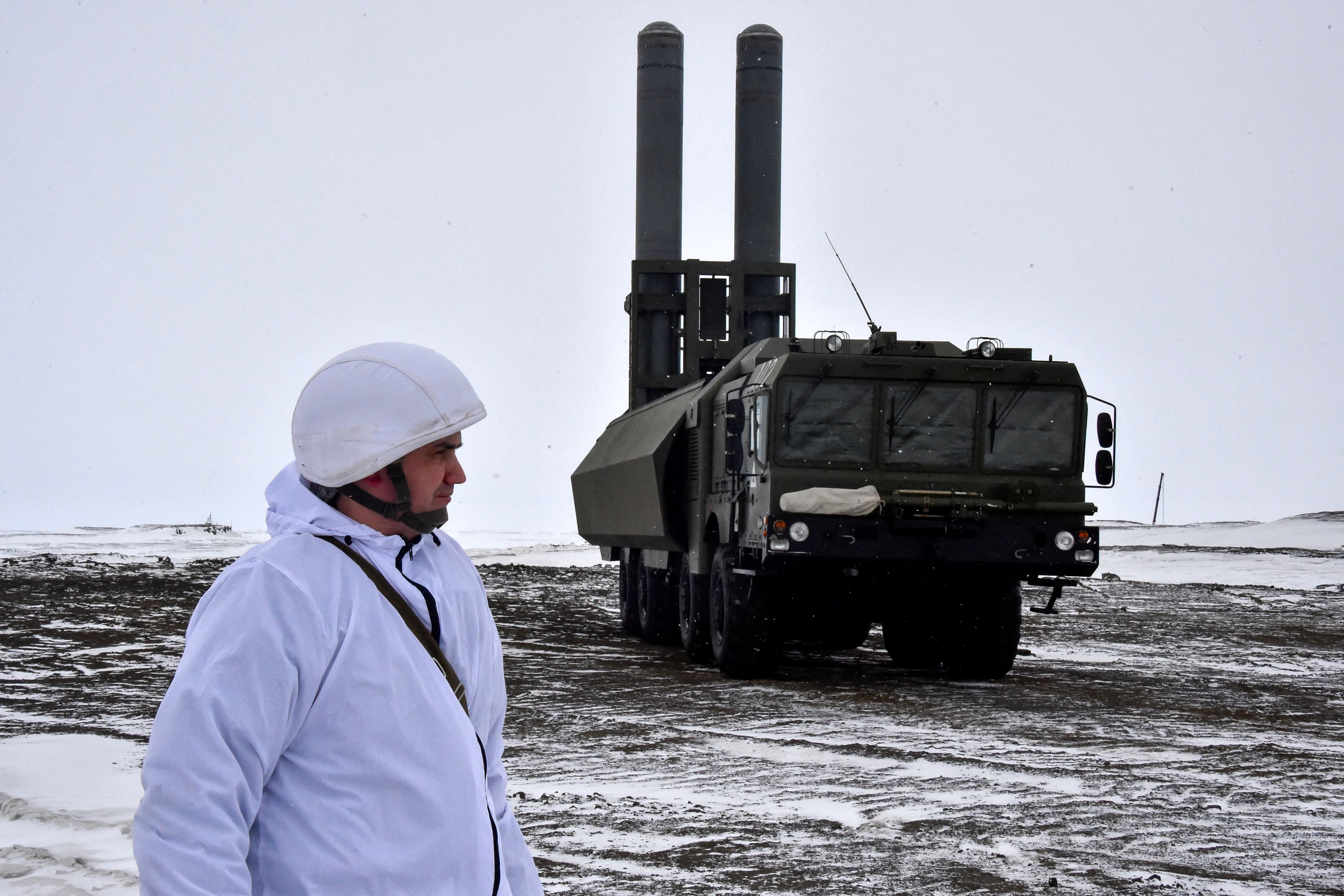
And it is not just the effects themselves that cause concern, but their unpredictability. Alexander Kokorin, a climate scientist from the World Wildlife Fund Russia, has stressed the difficulty of planning for such extreme and unstable weather conditions. He told a Russian news website, as quoted by the specialist economic news service, bne IntelliNews, that “global warming isn’t some ‘monotonous gradual process, allowing pineapples to grow in Siberia’; it is a combination of two or three dozen different effects”.
A recent Finnish study, reported by the Moscow Times English-language newspaper, was even more pessimistic. It forecast that the effects of warming in Russia could spell the end of much of its forest and tundra before the end of the century, leaving cities such as St Petersburg and Moscow “surrounded by desert” in an environment more like Kazakhstan. Even if more regions of Russia did become arable, it said, they would probably not be able to replace anything like all of the food production lost to the climate crisis elsewhere.
The climate crisis also sits outside long-standing east-west tensions on security and defence, which allows Russia to feel more like an equal and a team-player
The vast expanses of Russia that rest on permafrost are also a potential liability. If, when, the permafrost starts to melt, the risk is not only, or primarily, of flooding, but that whole districts, even whole towns, could sink into the ground. Yakutsk, in the far north, is one such city, where the prospect that heating and electricity generating plants could collapse, as well as the foundations of the buildings they serve, was already a fear when I visited back in 1992, and is still more so today. There are around a dozen smaller cities that could face similar risk.
And while softening ground could make prospecting and drilling easier in some places, it could also endanger existing facilities in the most northerly parts, whose energy production currently accounts for more than 20 per cent of Russia’s GDP.
Taking everything together, it is not at all clear that the climate crisis could be anything like as much of a boon to Russia as optimists hope. No wine labelled Chateau Novosibirsk, and no pineapples from Siberia either – just a huge amount of destabilisation and additional expense.
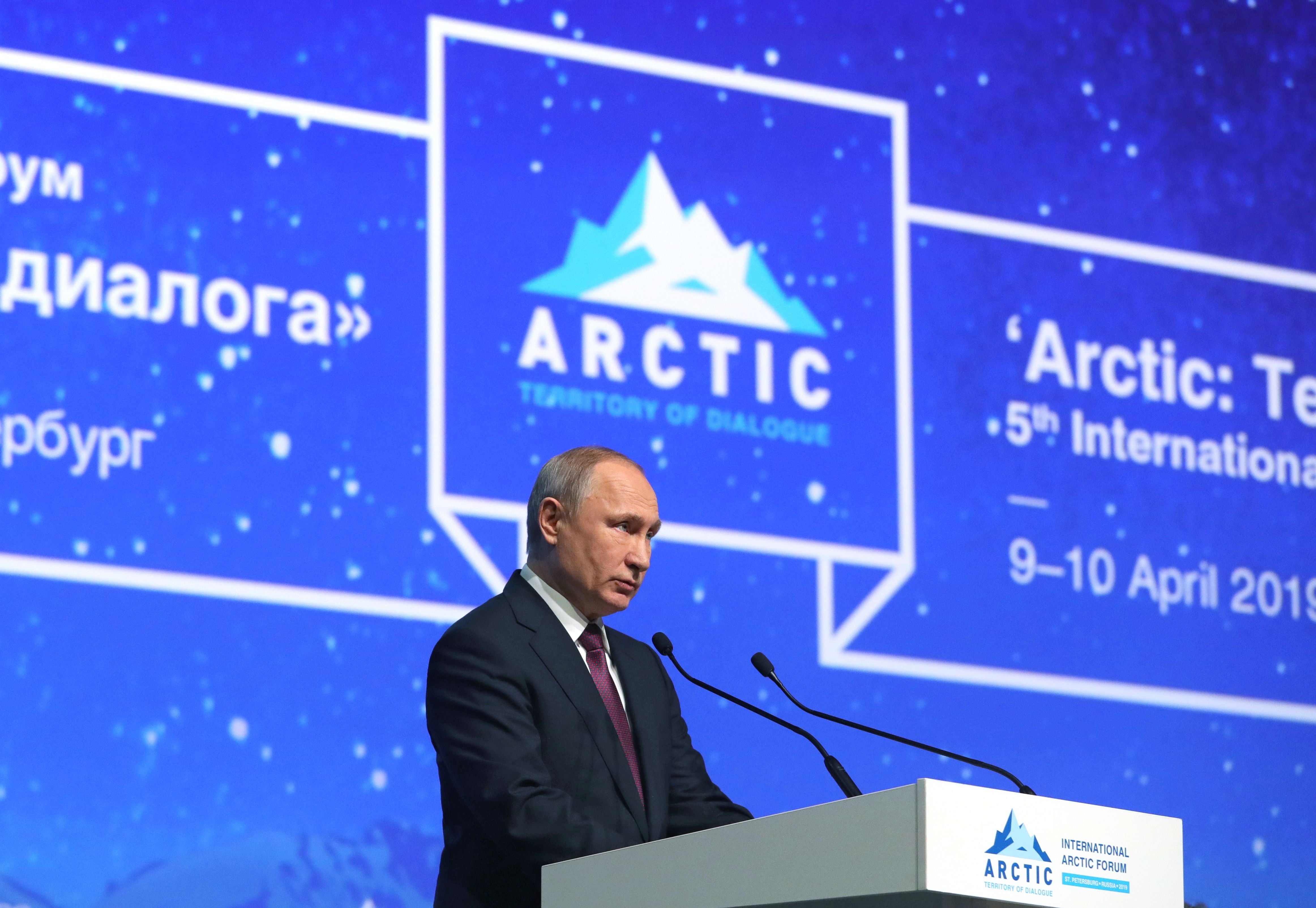
Some of the more specific downsides are set out – alongside some of the potential benefits – in Russia's draft national adaptation plan. It lists the destruction of the existing ecological balance, the risks of drought and torrential rains, endangered health through infectious diseases and parasites, and the prospect that lower heating costs in some areas would be more than offset by the need for air conditioning in others, which would otherwise become uninhabitable.
These more critical assessments of the pros and cons of global warming may help to explain why Russian officials have changed their tune in recent years – from relative indifference and complacency to concern, if not actual alarm – and why both the prime minister and President Putin have become personally involved. Having once remarked flippantly that the climate crisis would allow Russians to “spend less on fur coats”, Putin now includes the need to combat the climate crisis as a set piece of almost every speech.
There may be another – diplomatic – aspect to Russia’s new interest in the climate crisis, too. As an issue with pluses as well as minuses for Russia, the climate crisis is an area where there is less reason for Moscow to be difficult, even if the early initiatives were taken in the developed west. The climate crisis also sits outside long-standing east-west tensions on security and defence, which allows Russia to feel more like an equal and a team player than an adversary whose concession is always the other side’s gain.
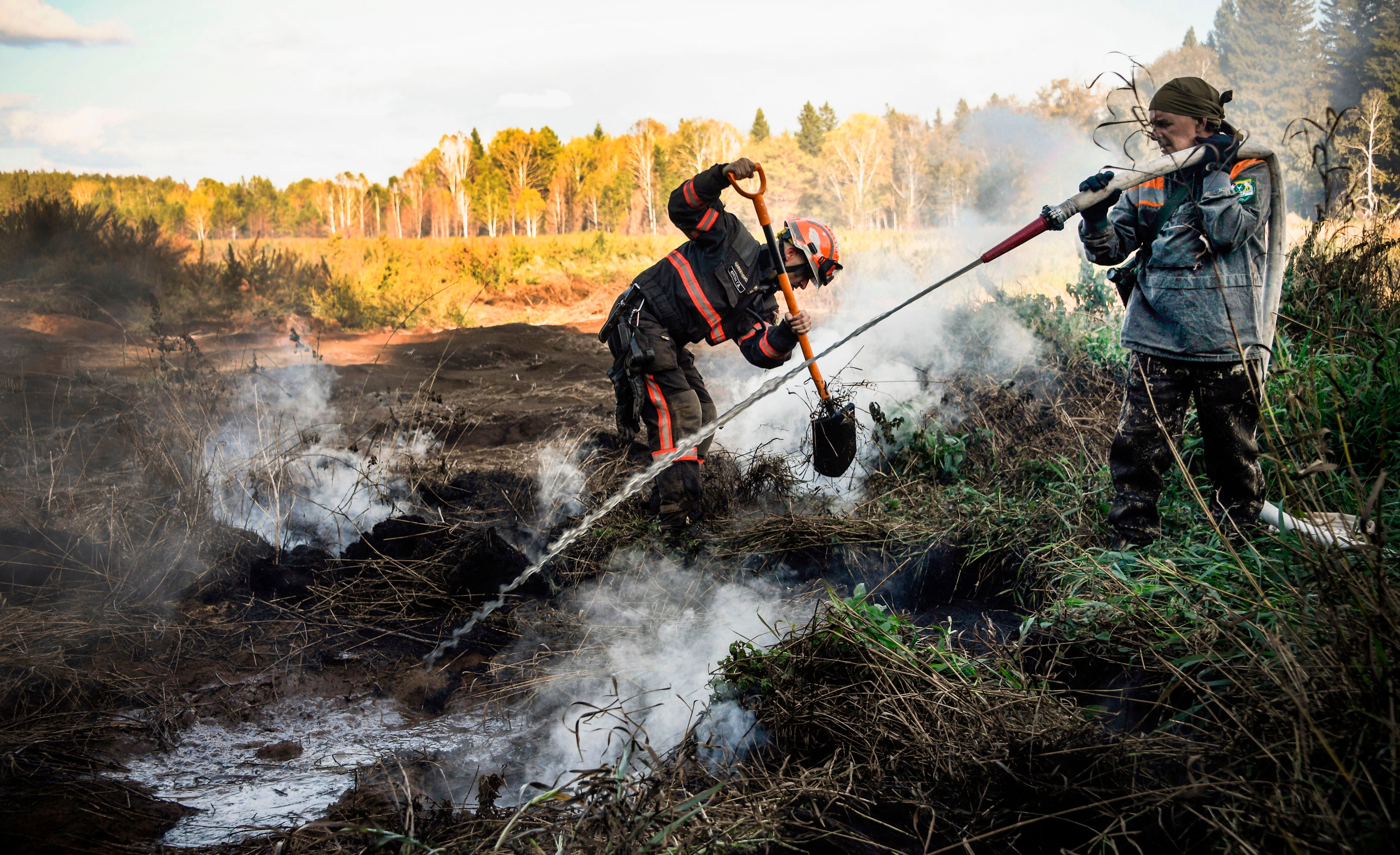
Being part of an international climate crisis agenda could also suit a new generation of Russian diplomats, who recognise the damage done from Russia’s association with “hard power” and are seeking ways of exerting more “soft power”. One manifestation of this is the charm offensive Russia launched with its distribution of its Covid vaccine, Sputnik V. As seen from Moscow, the climate crisis is an issue that does not have to be mired in old, Cold War-era thinking.
To deduce from this that the world is on the verge of a new age of cooperation in which historical differences are set aside and Russia is welcomed into a global club, however, would be to jump far too far ahead. The difficulty for Russia is that there is a whole other aspect to the climate question that is only now really coming to the fore.
In spite of being the world’s fourth-biggest carbon emitter, Russia has largely escaped pressure to accept reductions that would cause much domestic pain. This is partly because of the sparsity of its population compared with the vastness of its territory. But it is also because the reduction it has accepted under the Paris accord is less of an imposition than it might appear.
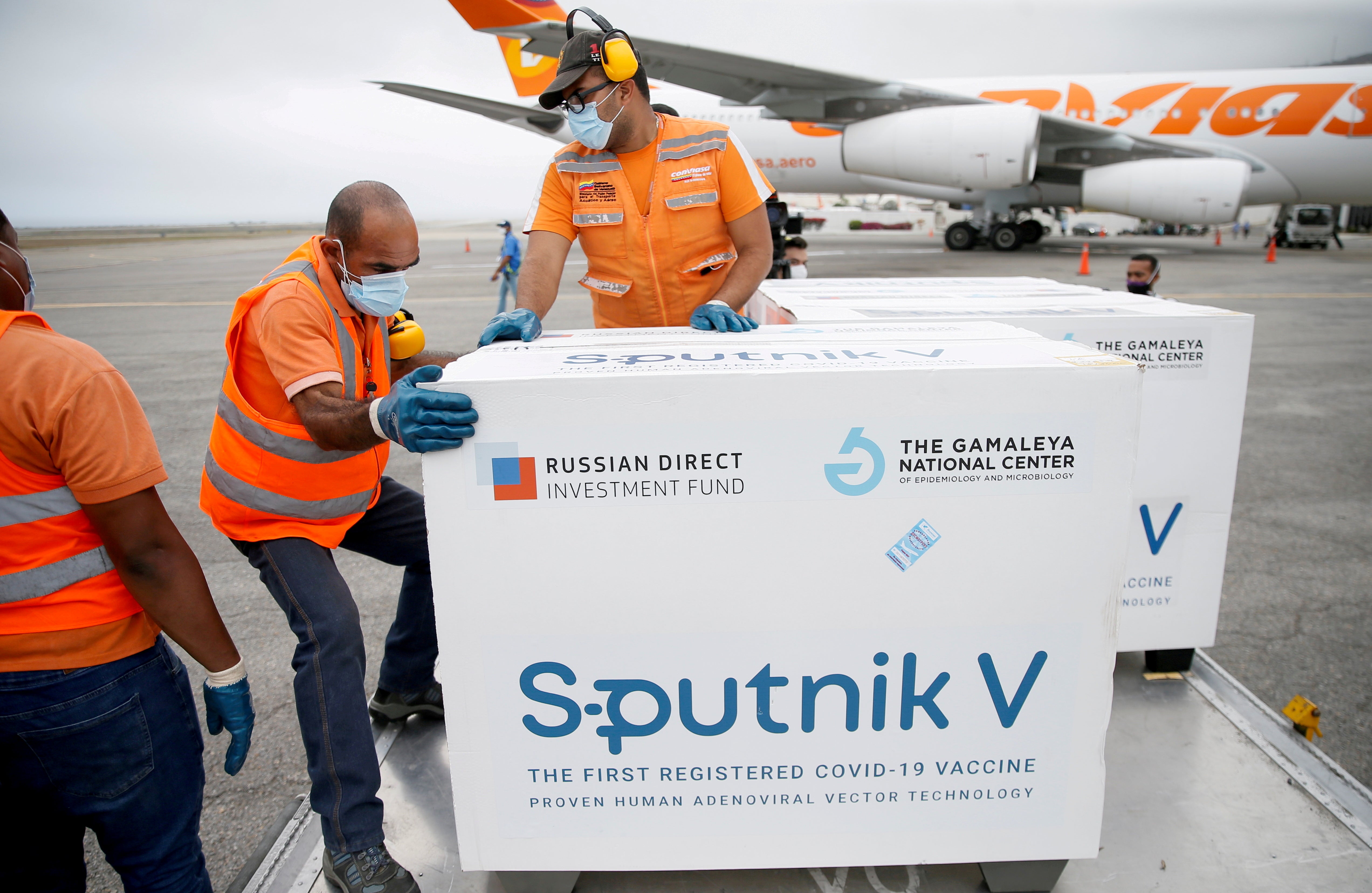
While it sounds ambitious – Russia’s pledge is for a 30 per cent cut in greenhouse gas emissions by 2030 compared with their level in 1990 – it has already met much of that reduction by virtue of the de-industrialisation and plant closures that followed the Soviet collapse. Most other countries have taken 2005 as the benchmark, which would have given Russia a much harder task. Russia could probably increase emissions somewhat and still remain within its international commitments – not forever, but for a while to come.
So it is not emissions curbs that constitute Russia’s problem. The problem is of quite a different order: it is the whole structure of the country’s economy. Russia is the world's biggest exporter of natural gas and the second biggest exporter of oil, but it needs customers. And if other countries, but particularly the European countries and, to a lesser extent, China, are serious about cutting back – even ending – their dependence on hydrocarbons, the Russian economy is threatened with a major hit.
Now many will say that Russia can hardly complain it was not warned. One way or another, western economists have been advising since the later years of the Soviet Union that Russia needed to diversify its economy away from its dependence on energy exports. In Soviet times, Moscow did not listen because that was quite simply how its economy worked. After the Soviet collapse, Russian governments made the entirely rational judgement that, so long as prices of hydrocarbons remained high – higher than for pretty much anything else Russia could export – it made little sense to leave those assets in the ground. It was also in the government’s interests to keep domestic energy prices relatively low, so fending off one potential cause of political dissent.
Russia has perhaps a generation, at best, to direct the income it receives from traditional energy sources towards investment in the energy of the future
Moscow recognised throughout that a time would come when it would be harder to extract oil and gas, as existing fields became exhausted and new fields required more sophisticated technology and longer transport lines. As things stood, though, there was no compelling reason to change.
Now, that reasoning is starting to look flawed. With the richer countries competing to reduce their dependence on traditional energy sources, the whole structure of the Russian economy is threatened. The consequence is that, in the medium to long term, the rest of the world’s response to the climate crisis could present a bigger risk to the stability of Russia and the presidency of Vladimir Putin, if he still to be there, than any political opposition figure, such as Alexei Navalny.
Now there needs to be one caveat here. Russia’s economy has actually diversified far more than is often appreciated since the disintegration of the Soviet Union, and especially since the early 2000s. There is a flourishing consumer and hospitality sector – shopping malls, supermarkets, restaurants, cafes etc – which simply did not exist 30 years ago, and it extends to most parts of Russia. Like many less developed countries, Russians also abandoned the antiquated terrestrial telecoms system and went direct to wifi and mobile phones.
Oil and gas account for around two-thirds of Russian exports, and this makes the whole of the economy vulnerable to swings in world prices
Agriculture has also undergone a renaissance – in part thanks to greater efficiency, but also because incentives have been given to domestic producers to replace imports halted by EU sanctions. From being a needy importer of grain in Soviet times, Russia is now a major exporter, and achieved a record wheat harvest last year. How far this growth will continue depends on whether the optimists or the pessimists are right about the effects of the climate crisis on Russian agriculture.
But Russia’s dependence on hydrocarbon exports remains. Oil and gas account for around two-thirds of Russian exports, and this makes the whole of the economy vulnerable to swings in world prices. Last year the oil price fell as low as $28 a barrel, before recovering to $66 a barrel, averaging out around the $42 price envisaged in the Russian budget. (For an excellent account of the implications, see Hamish McRae’s Independent article of 27 February this year.)
But it is not a secure position to be in. And it is no good Russia trumpeting the good news about its oil and gas stocks and how much easier it will be to access them, thanks to global warming – latest estimates from Russia’s Natural Resources Ministry suggest there is enough oil to last more than 50 years and gas for more than 100 years – if the market has shrunk, or ceased to exist.
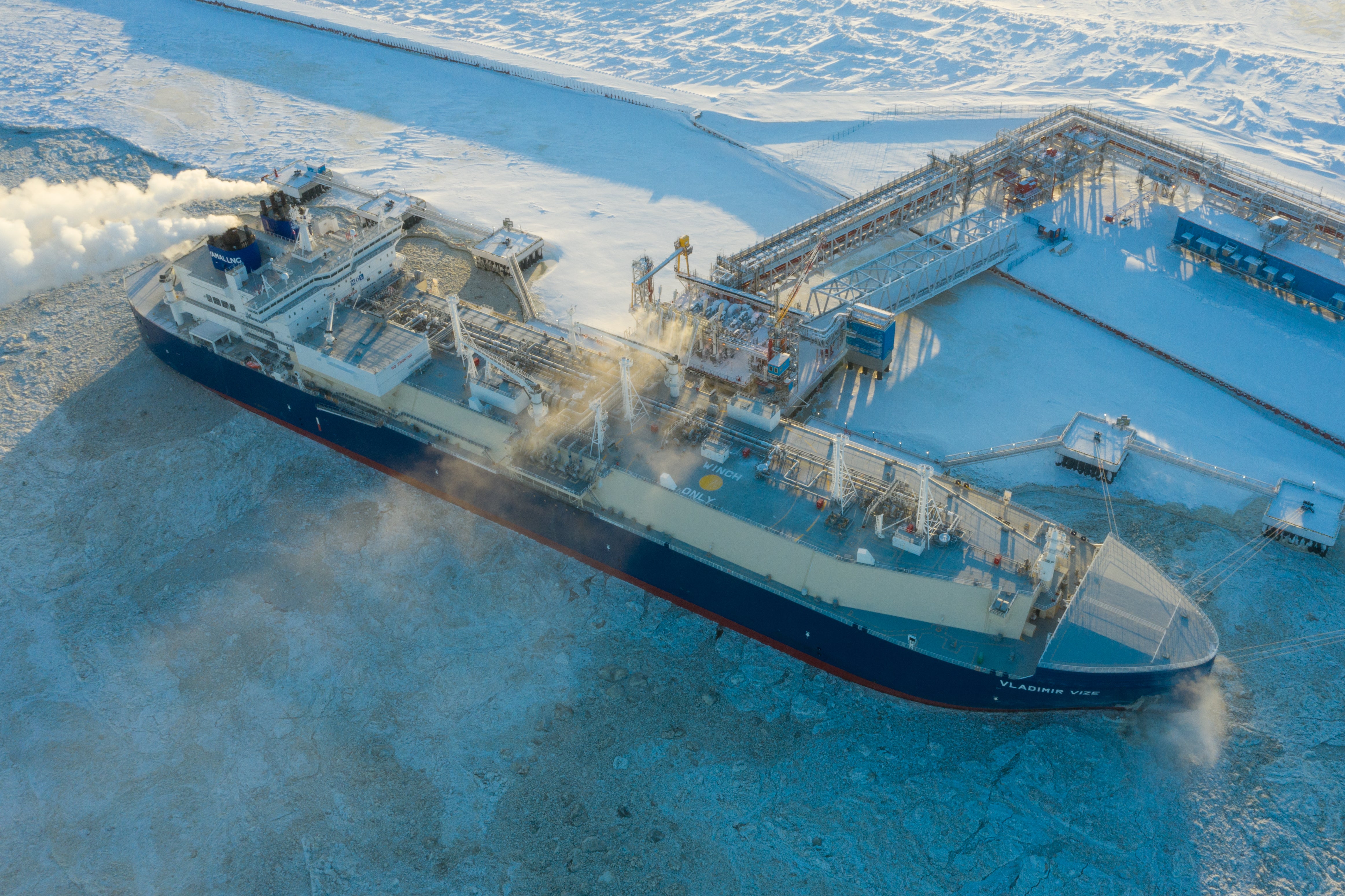
Estimates vary as to when demand could start to fall, but there is a general consensus that decline will accelerate from 2050, while starting as early as 2035 – or even that it may already have peaked. That does not give Russia that long, in the grand scheme of things, to reorient itself. It has perhaps a generation, at best, to direct the income it receives from traditional energy sources towards investment in the energy of the future. One idea, floated by Russia’s climate envoy, Edelgeriyev, is that existing pipelines could one day carry hydrogen.
The continuing dependence of the Russian economy on exports of hydrocarbons, just as much of the industrialised world is embarking on a concerted effort to change the habits of a century or more, does not just bode ill for Russia’s finances. It also threatens to set Russia apart from the global mainstream once again. Instead of making common cause against the climate crisis, as it had begun to do, Russia could start to return to its old obstructive ways as its own interests and those of a majority of countries diverge. With even Saudi Arabia having adopted a plan to wean itself off dependence on energy exports, Russia could find itself a lot warmer, but once again out in the cold.
Read More:
There are chances for change, however – and not just because Putin has accepted that warmer temperatures could spell serious trouble, even for Russia. Climate is set to be a big theme of the year, with Cop 26 in the offing and President Biden making it a hallmark of his presidency. Efforts to combat global warming could also loom large on the agenda of the Biden-Putin summit that is currently in preparation, even replacing arms control as a staple of US-Russia negotiations.
And there is another reason. At times over the past year, much of Russia has experienced highly unusual weather. Last summer saw virulent wildfires sweep through parts of Siberia. Winter proper arrived much later than usual in many places, including Moscow, and in recent weeks parts of the Russian far north have been basking in temperatures rarely reached even in summer. Such deviations are surely a one-off, but they could also serve as a harbinger of what may lie ahead. As the rest of the world tries to adjust to a warming world, Russia’s current leaders owe it to the next generation to ensure that their country is not left behind.
Join our commenting forum
Join thought-provoking conversations, follow other Independent readers and see their replies
Comments